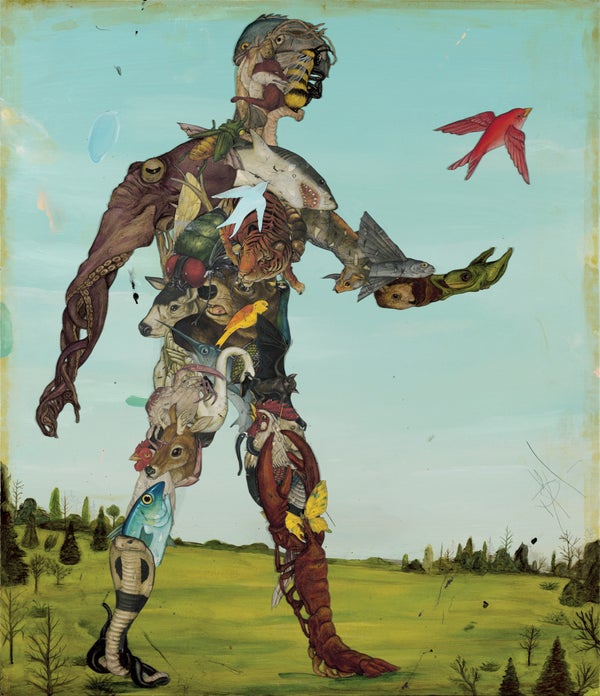How to Grieve Our Changing Planet
A new book on the perils of human exceptionalism
NONFICTION
We Loved It All: A Memory of Life
by Lydia Millet.
W.W. Norton, 2024 ($27.99)
“In the beginning,” Lydia Millet writes at the start of her latest book, “we gave names to every creature that we found … home was a garden, then—a garden in the wild.” This opening casts a moving spell that remains with the reader through three sections of potent vignettes that blend personal stories, ecology and history. Terry Tempest Williams called it a “transformative anti-memoir,” a fitting description for a book about loss on a scale we can hardly fathom—grief for an Eden we glimpsed and ruined, at great cost to ourselves and other species.
On supporting science journalism
If you’re enjoying this article, consider supporting our award-winning journalism by subscribing. By purchasing a subscription you are helping to ensure the future of impactful stories about the discoveries and ideas shaping our world today.
In 2012 Millet published an op-ed in the New York Times about the toys we play with as children and what will happen when human activity causes the extinction of our “youthful menagerie” of polar bears, elephants and tigers. The op-ed feels like a precursor to We Loved It All—where does the childhood love of nature go? How do we go on to tolerate the impoverishment of existence as nature degrades in front of our eyes and species are lost? Can culture and selfhood reshape themselves in the absence of all this beauty?
Millet’s philosophical and eulogistic tone echoes the past tense of the title. “Our old home is gone,” she writes, before making a case for remembering and honoring the co-evolution of the human animal and other species. She urges respect for the staggering interconnectedness of existence. Millet—writing with all the narrative talent of a Pulitzer Prize–nominated novelist—suggests we are in many ways already haunted…
Read the full article here







